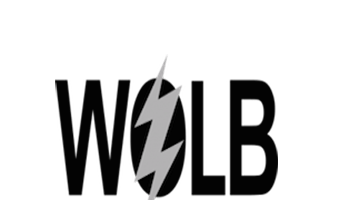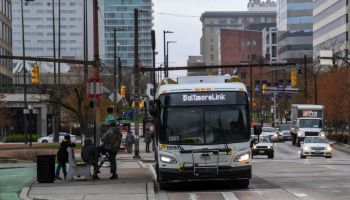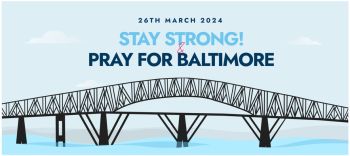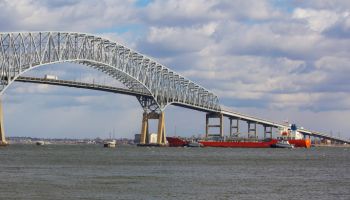congress
WASHINGTON — Congress on Thursday passed the stiffest restrictions on banks and Wall Street since the Great Depression, clamping down on lending practices and expanding consumer protections to prevent a repeat of the 2008 meltdown that knocked the economy to its knees.
WASHINGTON – President Barack Obama on Monday is sending legislation to Congress that would allow him to force lawmakers to vote on cutting earmarks and wasteful programs from spending bills.
From the NY Times: Among the many reverberations of President Obama’s election, here is one he probably never anticipated: at least 32 African-Americans are running for Congress this year as Republicans, the biggest surge since Reconstruction, according to party officials.
From the NY Times: WASHINGTON — President Obama said Wednesday night that leaders in Washington face a “deficit of trust,” as he used his first State of the Union address to try to restore public confidence in his administration and to convince the American people that he is intensely focused on the issues that concern […]
Long-Awaited Senate Health Care Bill Unveiled Thursday, November 19, 2009 By: David Espo WASHINGTON (AP) — Setting up a historic year-end health care debate, Senate Majority Leader Harry Reid unveiled long-awaited legislation Wednesday night to extend coverage to all but 6 percent of eligible Americans and bar private industry from denying insurance because of pre-existing […]
Their efforts in Congress squashed, U.S. automakers are depending upon a reluctant White House to quickly provide a multibillion lifeline to help them avoid imminent collapse.
A House-passed bill to speed $14 billion in loans to Detroit’s automakers stands on shaky ground in a bailout-weary Congress, undermined by Republican opposition that could derail the emergency aid in the Senate.
A government “car czar” with the power to force U.S. automakers into bankruptcy would dole out $15 billion in emergency loans to the failing industry under an emerging deal between the White House and congressional Democrats.
A bailout plan for the failing U.S. auto industry could include a Cabinet-level oversight board and a provision to withdraw the money if the overseers decide the companies are failing to take steps to overhaul themselves.







